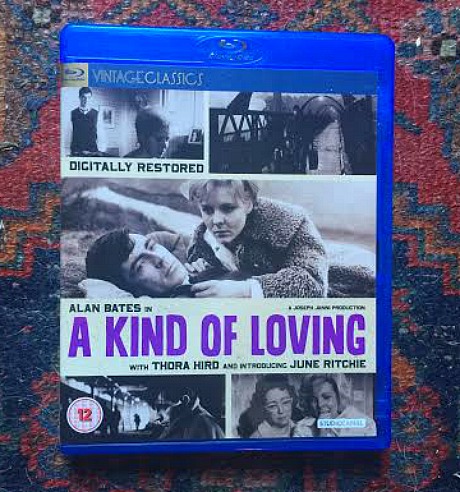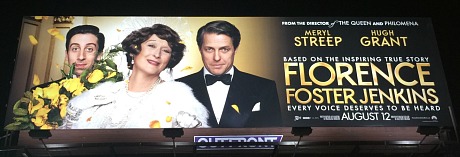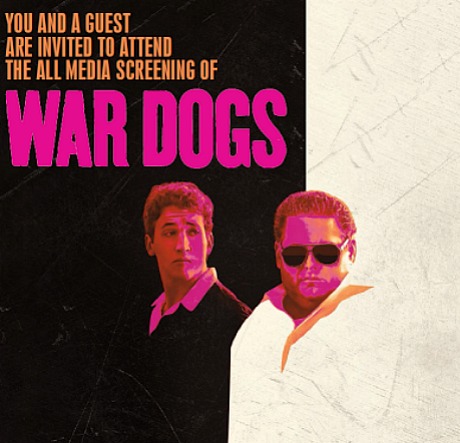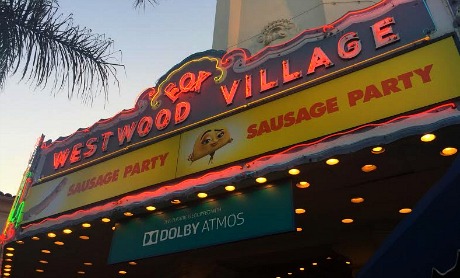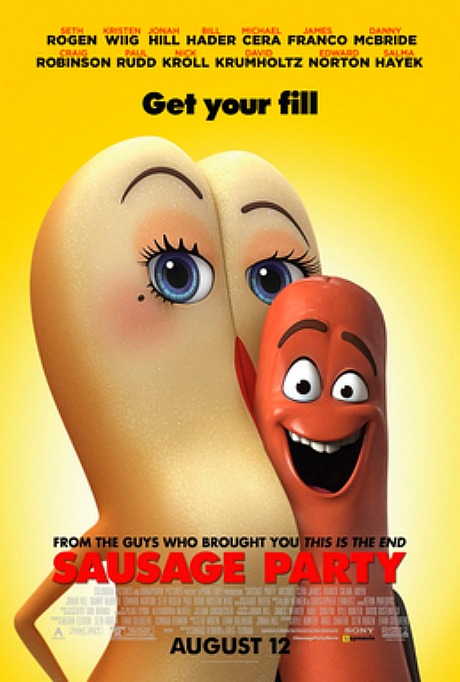At first I was only marginally interested in David Mackenzie‘s Hell or High Water (CBS Films, 8.12), mostly due to the familiar genre feelings contained in the first teaser. Bank-robbing desperadoes, low-key sardonic cops on their trail, sunbaked Texas plains. Then I saw it in Cannes and went “whoa, better than expected, the buzz is correct.” It’s a 2016 social undercurrent drama disguised as a cops vs. bank-robbers movie. The social undercurrent element refers to mass hurt — i.e., the financial blight afflicting the hinterland struggling class (in this case rural Texas), caused by 2009/10 meltdown and worsened by banksters — and the need to pay off a mortgage. Hence the bank robberies by a couple of hard-luck brothers (Chris Pine, Ben Foster).
Then I saw it again Wednesday night at the Arclight, and was able to savor a bit more of the dialogue (I’m sorry but the sound system at the Arclight is a notch better than that of the Salle Debussy) and it all just clarified and upticked and grew in my head.
Just call me woke: Hell or High Water is the best film of 2016 as things currently stand. I don’t care what happens between now and 12.31.16 — it deserves a place at the Best Picture table. It opens today with a 99% Rotten Tomatoes rating and an 88% rating on Metacritic.
On top of which I can easily see a little Best Actor action for Pine and/or gurgle-speak Jeff Bridges, and definitely some Best Supporting buzz for Foster, whose working-class scuzziness — chunky physique, scratchy face, seriously thinning thatch — put me off at first, but then I manned up and got past that. At least Foster owns the beer-swilling, two-week-beardo thing, and I was marvelling at the careful English he gave to each and every line. By the finale Foster is quite the tragic working-class hero — a malcontent who has to go down but is nonetheless selfless, sacrificing, a good ole brother with a gun. Hell, he’s almost Ray Hicks in Who’ll Stop The Rain.


